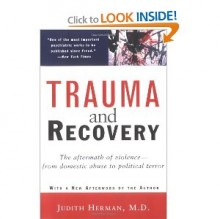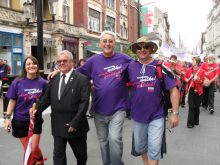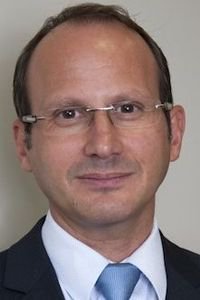 Ten years ago today I launched these words into the virtual ether:
Ten years ago today I launched these words into the virtual ether:
‘I’d like to welcome you to Recovery Stories, a new website that is focused on helping individuals and families recover from serious problems caused by drug and alcohol use.
We’ll not just be trying to help people directly affected by drug and alcohol addiction, but also help people whose lives have been indirectly affected by the substance use problems of a loved one. Family members and friends also need to find recovery.
One important feature of this website is that it will carry the ‘voice’ of recovering people. Solutions to serious substance use problems are manifested in the lives of millions of people who are in long-term recovery. These lived solutions can provide important insights into principles and practices that underlie recovery from addiction.

 In my last blog post,
In my last blog post,  Here’s a blog I first posted back in May 2013, not long after this website first launched. Mark Ragins is a leading recovery figure in the mental health field. He was a pioneer in setting up MHA Village, a recovery community based in Los Angeles. His writings are well worth a read. Here is what Mark has to say about stages of recovery in an article entitled The Road to Recovery. What Mark says here is just as relevant to people recovering from addiction.
Here’s a blog I first posted back in May 2013, not long after this website first launched. Mark Ragins is a leading recovery figure in the mental health field. He was a pioneer in setting up MHA Village, a recovery community based in Los Angeles. His writings are well worth a read. Here is what Mark has to say about stages of recovery in an article entitled The Road to Recovery. What Mark says here is just as relevant to people recovering from addiction.
 When I first became interested in Indigenous healing a number of years ago, I did a great deal of reading about the healing of trauma and intergenerational trauma. I summarised what I considered to be 12 principles of healing, which are relevant to Aboriginal people here in Australia and other Indigenous peoples around the world. I first posted about these principles on
When I first became interested in Indigenous healing a number of years ago, I did a great deal of reading about the healing of trauma and intergenerational trauma. I summarised what I considered to be 12 principles of healing, which are relevant to Aboriginal people here in Australia and other Indigenous peoples around the world. I first posted about these principles on  Here’s an article on asset-based community development which I wrote some years ago. This approach can facilitate healing in a community.
Here’s an article on asset-based community development which I wrote some years ago. This approach can facilitate healing in a community.





